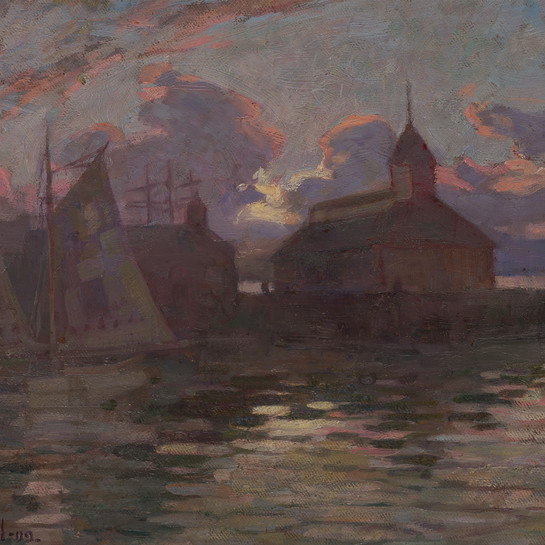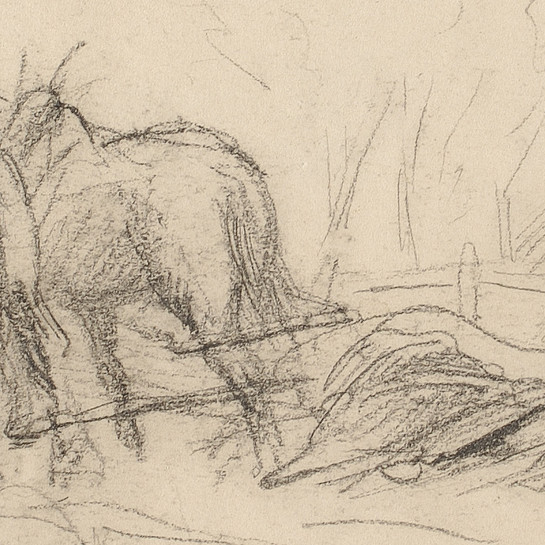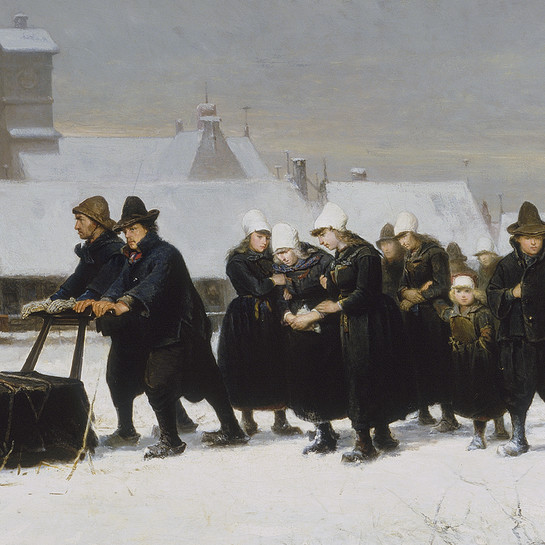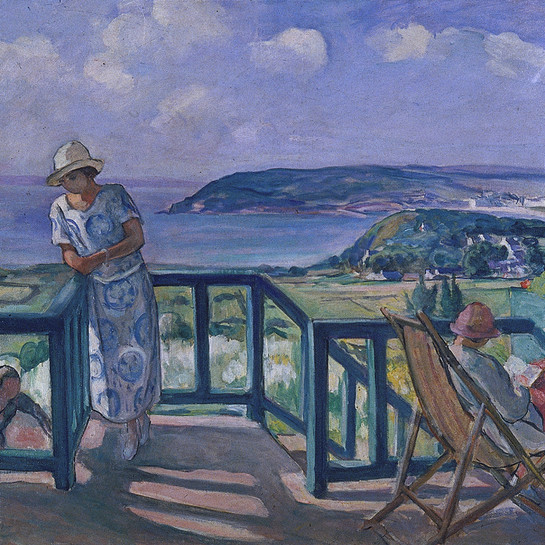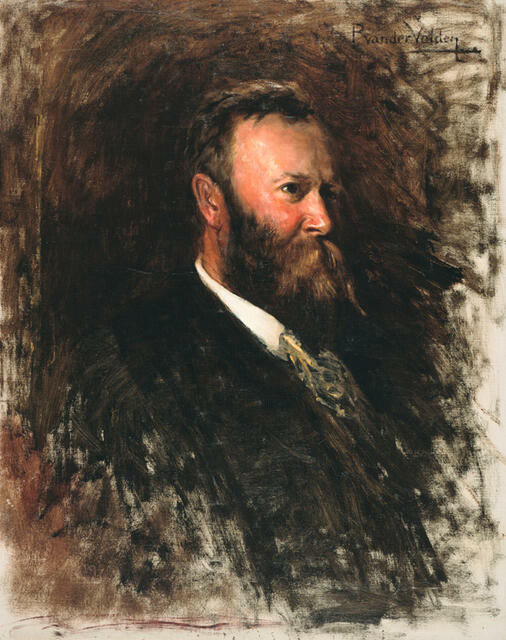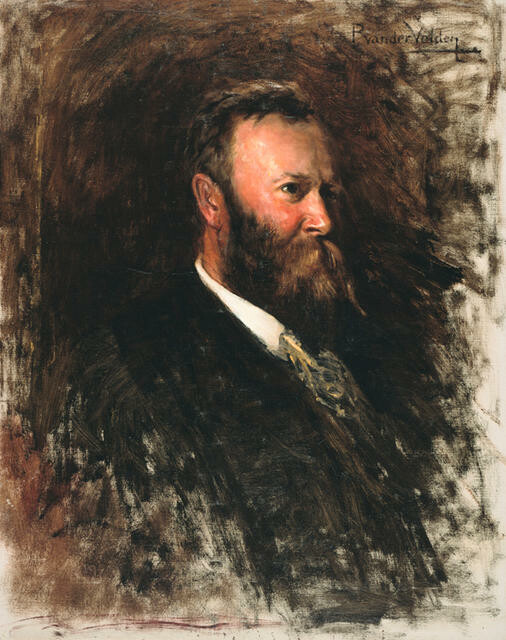Petrus van der Velden
Netherlands / Aotearoa New Zealand / Australia, b.1837, d.1913
Professor Alexander William Bickerton
- c. 1895
- Oil on canvas
- Purchased, 1990
- 1065 x 875 x 85mm
- 90/9
Tags: beards, men (male humans), people (agents), portraits, professors (teacher), scientists, studies (visual works), teachers
A. W. Bickerton, Professor of Chemistry and later also of Physics, was, in 1874, the first professor of Canterbury College. However, his controversial views and attacks on the Board of Governors lead to his dismissal in 1902. He spent the rest of his life advocating his ‘partial impact’ theory in which he envisaged a self-sustaining universe with no transcendent God. He was a popular and kindly man. Van der Velden and Bickerton were friends, sharing similar opinions on politics, religion and art. They were both regarded as 'bohemians' in the 1890s. Up until the 1980s this informal study of Bickerton lay rolled up in the possession of Bickerton's descendents. Born in Rotterdam, Van der Velden established himself as a painter, particularly of marine subjects, in Holland, from where he emigrated in 1890. Although he received a number of portrait commissions, he struggled to make a living in Christchurch and in 1898 went to Sydney. He returned to settle in Wellington in 1904 but died in Auckland.
Exhibition History
Quadrant: Four themes of Petrus van der Velden, 20 October 2006 – 25 March 2007
Van der Velden completed two oil paintings of his friend Alexander Bickerton (1842–1929). One is a formal, full-length portrait commissioned by the University of Canterbury, and the other is this less formal study. Here, Van der Velden has focused his attention on Bickerton’s head. Background details are absent; he has instead incorporated loose, sketch-like brush work, which helps to emphasise the sitter, and echoes his drawings to some extent. There was a strong bond between the sitter and painter – they were close friends and kindred spirits, and the informal nature of this portrait highlights their friendship.
